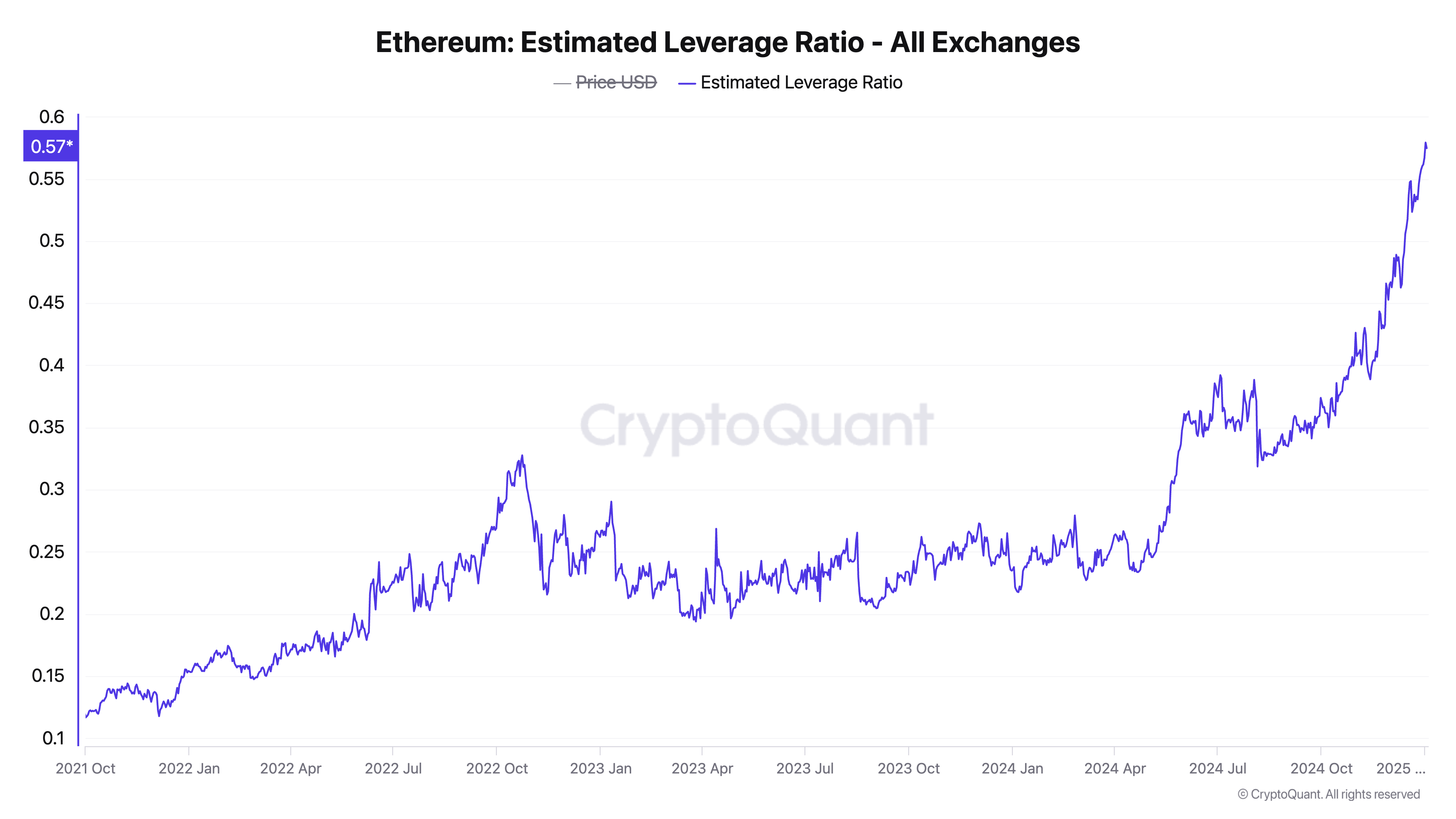One of the greatest ways in which we’ve seen technology disrupt industries time and time again is by removing the advantages incumbent businesses have with economies of scale. Due to their size, incumbents are usually in the fortunate position where their size enables them to produce a good or service at a price that a smaller organisation simply could not.
This size advantage results in firms like Apple being able to manufacture and sell iPhones for $1000, and Samsung their televisions for $3000. These are price points that a small business could never dream of achieving due to the high costs of R&D, manufacturing and distribution they face.
The venture capital industry exists to give companies a leg up to help them compete against incumbents, offering capital in return for an upside in the business. However, outside of venture funding, it’s close to impossible to compete against these firms. It’s not just in electronics and hardware that this occurs, the costs of doing business at scale in many industries such as pharma, finance and travel are huge – not just due to material costs, but also to regulatory and compliance overheads required to operate.
During the past decade or so it manifested itself via the combination of Web2, cloud computing and smartphones. Prior to the emergence of Amazon Web Services (AWS), any firms wishing to host their own web infrastructure had to lease space in a data centre or host their own servers. Both approaches came with cost overheads and tradeoffs such as cost versus redundancy or availability.
Economies of scale greatly benefitted larger firms with their technology infrastructure. They could afford to host their own data centres, which due to their scale were significantly cheaper — computer hardware could be purchased in bulk, with dedicated staff who could service large parts of the infrastructure and reduced relative power costs due to the scale of consumption. All of these factors ensured healthy margins on business activities once operational costs were accounted for.
When AWS was launched, it eroded the advantage that incumbents had with their own dedicated technology infrastructures. Any business regardless of size was able to purchase virtualised servers without the cost or management overheads that were historically associated with such infrastructure. These could be scaled up or down at the touch of a button (or automatically). This innovation obliterated the economies of scale advantage for technology infrastructure almost overnight, allowing pure-software businesses to scale to a degree never previously thought possible. With companies like Netflix, Airbnb and Uber decimating more traditional industries.
Whilst we’re still early in the evolution of Web3, we’re already seeing ways in which Web3 can impact economies of scale in industry and even where it’s playing out in the world of cryptocurrencies. The Bitcoin and Ethereum networks have historically relied on the proof of work (PoW) consensus mechanism. Whereby large amounts of electricity are used by the networks’ miners to find solutions to computationally hard mathematical problems, which when solved produce a reward in the form of the native cryptocurrency of the network.
Given access to electricity and computing power are the key resources required by these miners, those organisations running cryptocurrency mining operations have benefitted from…
Read More: blog.web3labs.com









 Bitcoin
Bitcoin  Ethereum
Ethereum  XRP
XRP  Tether
Tether  Solana
Solana  Dogecoin
Dogecoin  USDC
USDC  Cardano
Cardano  Lido Staked Ether
Lido Staked Ether  TRON
TRON  Avalanche
Avalanche  Wrapped stETH
Wrapped stETH  Toncoin
Toncoin  Chainlink
Chainlink  Shiba Inu
Shiba Inu  Stellar
Stellar  Sui
Sui  Wrapped Bitcoin
Wrapped Bitcoin  Hedera
Hedera  Polkadot
Polkadot  WETH
WETH  Bitcoin Cash
Bitcoin Cash  Pepe
Pepe  Uniswap
Uniswap  LEO Token
LEO Token  Litecoin
Litecoin  Hyperliquid
Hyperliquid  Wrapped eETH
Wrapped eETH  NEAR Protocol
NEAR Protocol  Ethena USDe
Ethena USDe  Internet Computer
Internet Computer  USDS
USDS  Aptos
Aptos  Aave
Aave  Mantle
Mantle  Bittensor
Bittensor  POL (ex-MATIC)
POL (ex-MATIC)  Virtuals Protocol
Virtuals Protocol  Ethereum Classic
Ethereum Classic  Cronos
Cronos  Render
Render  Tokenize Xchange
Tokenize Xchange  Artificial Superintelligence Alliance
Artificial Superintelligence Alliance  Monero
Monero  MANTRA
MANTRA  WhiteBIT Coin
WhiteBIT Coin  Algorand
Algorand